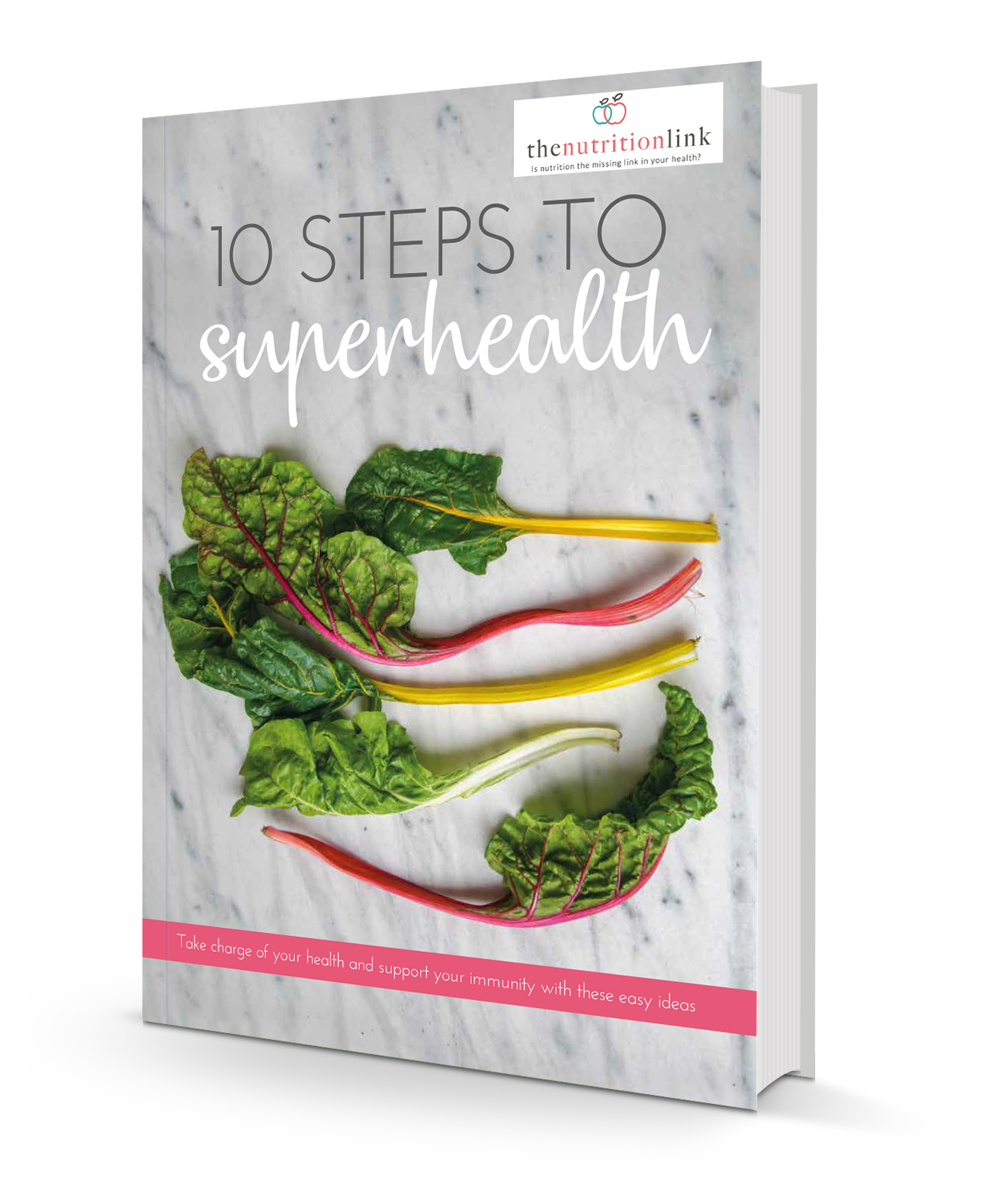
Sugar – 12 reasons why you should eat less!
As we contemplate the last few days of the festive season, you could be forgiven for feeling a little guilty about your sugar intake – Christmas cake, chocolate log, Christmas pudding, mulled wine, mince pies, never ending boxes of chocolates – it’s super hard to avoid at this time of the year. But does it really matter? Read on to find about why excess sugar really is a problem and what you can do to moderate your intake
1. Sugar is devoid of nutrients
One of the issues with the sugary foods that often taste so great is that they lack the vitamins and minerals that we need for good health. When we eat them we use up nutrients as we digest and metabolise them, but as they don’t provide in-built nutrients then they can leave us in a depleted state. This can leave us low in nutrients such as B vitamins, vitamin D, chromium, vitamin C and magnesium.
2. Sugar contributes to fatigue
Part of sugar’s appeal is that it is quickly broken down in the body and gives a rapid rise in our blood sugar levels. This may explain why we are tempted to reach for a biscuit or chocolate bar when we are hungry or feel that our energy is starting to wane. Unfortunately, though, this rapid elevation in blood sugar levels is considered as somewhat of a problem for our physiology since our blood sugar levels need to be kept within tightly controlled levels to avoid many of the negative consequences experienced by those with uncontrolled diabetes.
In order to deal with this elevated sugar level, the body acts quickly, producing hormones to reduce the level of sugar in the blood. As this can result in a lower than optimal sugar level then we often reach out at this point for more sugary foods to increase our sugar levels. Thus a vicious cycle continues
3. Sugar is addictive
This probably isn’t that much of a surprise. I know that the more sugar I have, the more I want. This has led some scientists to argue that sugar is as addictive as cocaine. This may be because sugar interferes with chemical messengers in the brain, meaning that we need to keep eating more and more to maintain our levels of feel – good neurotransmitters such as dopamine and serotonin. If you are struggling to manage your cravings, see my earlier blog post here
4. Sugar leads to unwanted weight gain
Have you noticed the pounds creeping on? If so then sugar consumption may be partly to blame. This happens in part, because when we eat lots of sugar we produce a lot of a hormone called insulin which helps move sugar out of our bloodstream and into our cells. Over time our cells can start to become resistant to the effects of this hormone so we then need to produce more and more. This is known as insulin- resistance and is a precursor to type 2 diabetes. Since insulin causes us to lay down fat then if we are constantly producing high amounts, this can make it difficult to lose weight even when cutting calories

5. A high sugar diet can contribute to anxiety and depression
Whilst sugar is often a go-to food when we feel a bit stressed or low, research shows that over time it can increase anxiety and depression. One study published in 2017 showed that a high sugar diet can cause incident mood disorders in men and recurrent mood disorders in both men and women. More recently a study in 2019 revealed that regular consumption of saturated fat and added sugars were associated with higher levels of anxiety in older adults.
6. Sugar linked to greater risk of some cancers
A number of studies have made connections between cancer risk and sugar intake. In 2016 a Cancer Research study found that mice who ate a low sugar diet were at half the risk of breast cancer, compared to mice who ate a diet with sugar levels similar to an average American diet. In another study those who ate less added sugar were less likely to develop cancer of the oesophagus, small intestine and lungs.
7. Heart disease linked with sugar intake
Unfortunately cancer isn’t the only serious health issue to increase with a high sugar diet. High levels of sugar diet have also been linked with an increased risk of heart disease. A large study of over 30,000 individuals found that those who consumed 17-21% of calories from added sugar had a whopping 38% increase in risk of dying from heart disease, in contrast to those only consuming 8% of calories from added sugar.

8. Sugar may exacerbate development of acne
Whilst sugar itself is not necessarily the cause of acne, evidence suggests that a diet high in added sugar makes you more likely to develop this skin condition. This may be due to the way in which sugar influences the levels of different hormones in the body. Sugar causes us to produce more of the male ‘androgen’ hormones as well as a hormone called ‘insulin – like growth factor 1.’ The impact of these hormones is to cause cells to divide more rapidly and to increase sebum production – both of which contribute to acne development
9. Sugar linked to dementia risk
Although the brain runs on glucose, diets high in added sugar are not good for cognitive function, and diets high in added sugar have been identified as a risk factor for the development of Alzheimer’s and other types of dementia.
10. General stiffness and sugar intake
High sugar intake is linked to inflammation as it causes the body to produce pro-inflammatory messengers (called cytokines). This can then present as aches and pains, stiffness, tightness, tension or even PMS pain. If you already have arthritis, then a high sugar diet can make this worse
11. Digestive function and sugar
A diet high in processed sugar is not healthy for the digestive system as it can decrease the levels of good bacteria in your gut which in turn can lead to symptoms of bloating, flatulence, constipation and diarrhoea. One study additionally found that a high sugar diet increased the risk of inflammatory bowel disease. Since such a large part of the immune system is found in the gut then an imbalance of gut bacteria can have knock on effects for immunity as well. Yet another reason to cut down intake

12. Sugar and diabetes risk
Last but certainly not least, then eating high levels of added sugar is linked with an increased risk of type 2 diabetes. The main mechanism here is probably through the added weight gain that goes hand in hand with a diet high in sugar. Other factors contribute to risk such as a sedentary diet, sleep apnea, genetics and smoking
The bottom line
Whilst added sugar tastes great and can be hard to resist, the negative effects on health are undeniable. This doesn’t mean you need to give it up altogether, but significantly reducing intake is strongly recommended for good health and the prevention of chronic health issues. As sugar is so addictive then changing habits can be challenging. That’s why I am running a 7 day Sugar Free Challenge which starts on Monday 18th of January. The challenge is completely free of charge and you will receive free recipes for healthy sugar-free treats, information on understanding food labels, strategies to help you manage sugar cravings and much more… You can get more info on the challenge and reserve your spot here

Download my free eBook 10 Steps to Superhealth for free. Just fill in the form below.
